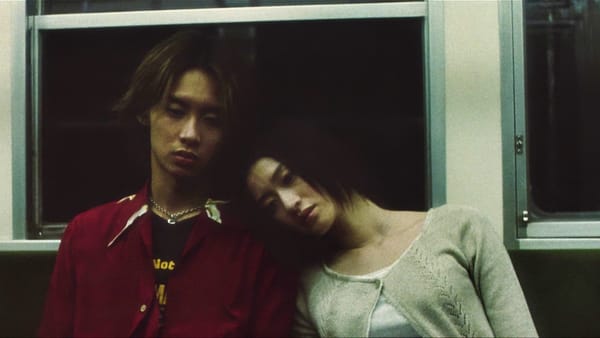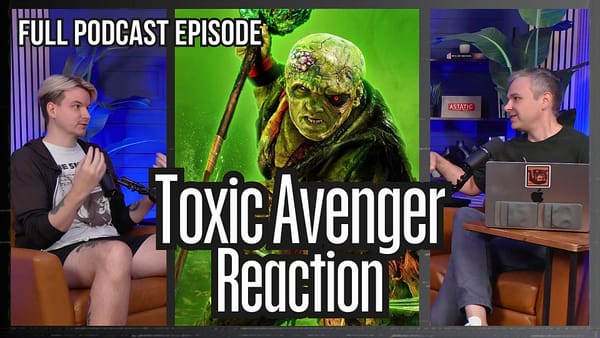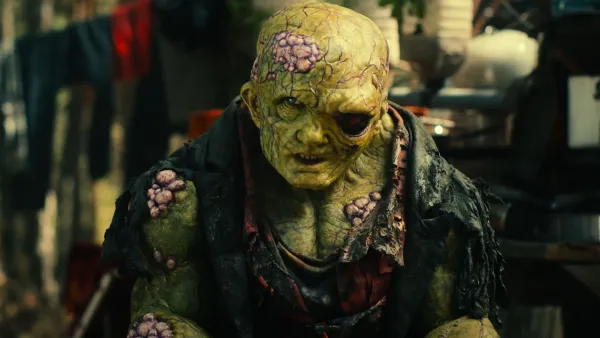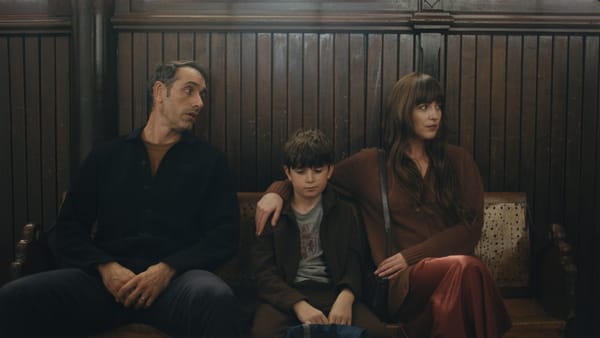Leigh Whannell's 'Wolf Man': Ambitious Ideas, Flawed Execution
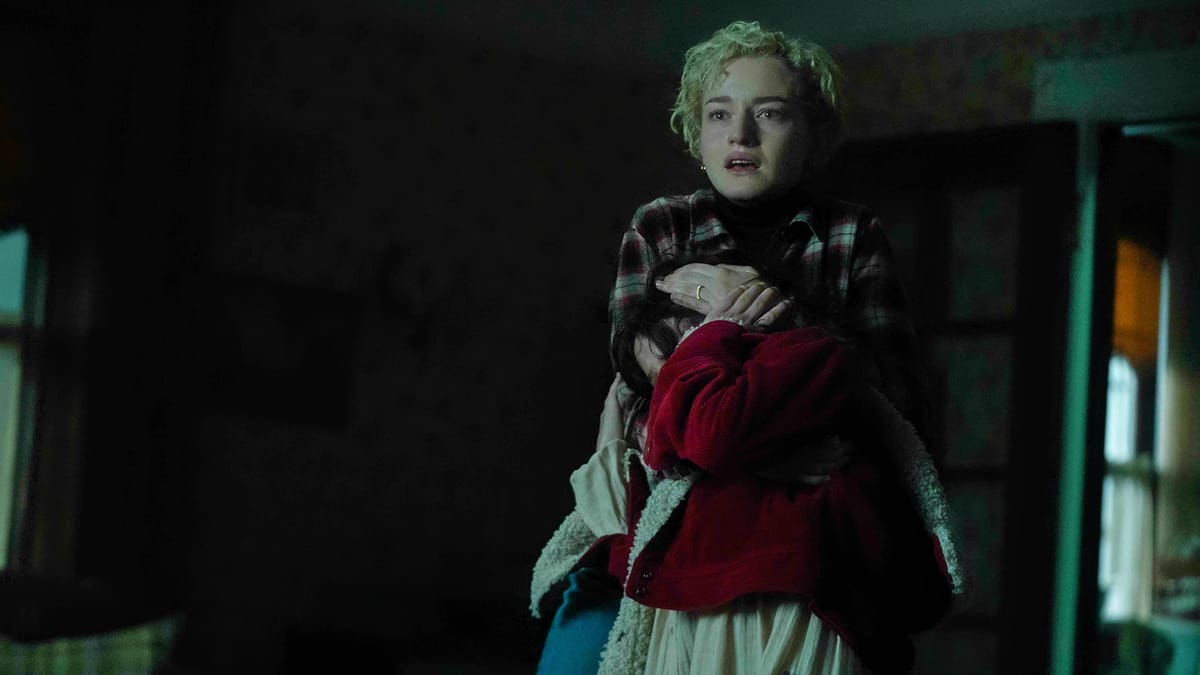
I love werewolf movies, and Leigh Whannell, the inventive mind behind Upgrade and The Invisible Man, seemed like the perfect filmmaker to breathe new life into the subgenre.
His latest, Wolf Man, Blumhouse’s first horror release of 2025, arrives with promising ambitions, two strong lead actors, and a fresh perspective on well-trodden werewolf mythology. Yet, despite its flashes of ingenuity, the film ultimately feels uneven and unsatisfying.
I was rooting for Wolf Man. I’m a fan of Whannell’s bold approach to genre filmmaking—Upgrade was a stylish, high-octane surprise, and The Invisible Man reimagined a classic monster with nerve-shredding tension and thematic depth. But Wolf Man, while admirable in its attempts to subvert expectations, feels underbaked, struggling to weave its themes and character-driven drama into something truly impactful.
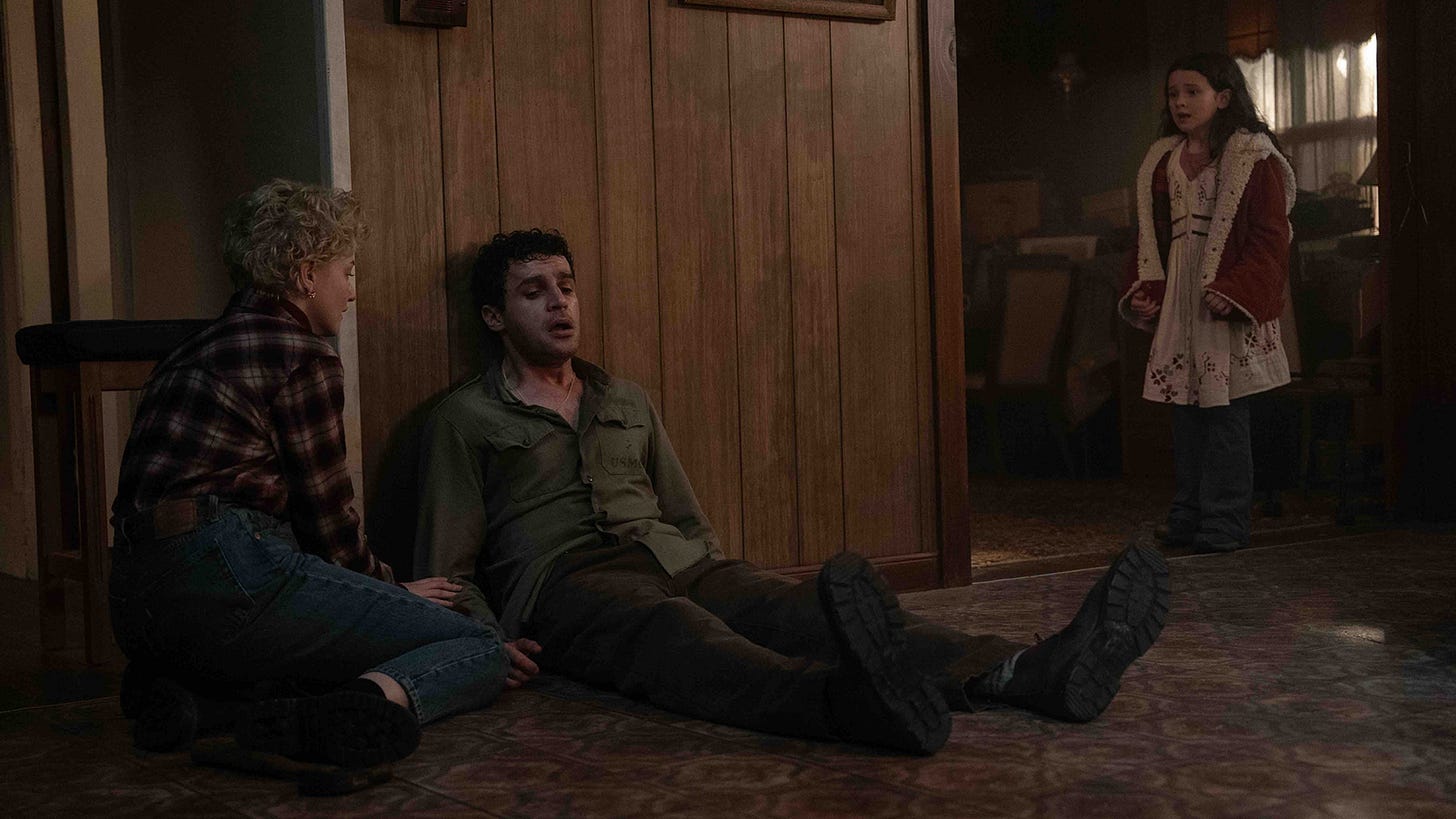
The premise is familiar yet promising: Christopher Abbott stars as a husband and father who, after being attacked by a scary, hairy monster, begins an agonizing transformation into a feral beast. The film centers on his family’s harrowing night in an isolated cabin deep in the woods, where their attempts to survive the creature stalking them are complicated by Abbott’s own horrifying descent into lycanthropy.
It’s a setup ripe with thematic potential. Whannell clearly wants to explore big ideas—becoming the thing you fear most (namely the person terrorizing your family), the cyclical nature of generational trauma, and the strength of familial bonds. But while these concepts loom in the background, they’re never fully developed. Instead, the film’s pacing issues and thin character work sap much of the emotional resonance from what could have been a gripping, psychological horror story.
Wolf Man does succeed in delivering inventive revisions of werewolf tropes and grisly, practical effects. Whannell avoids the trap of trying to outdo An American Werewolf in London’s iconic transformation scene; instead, he stretches the wolfing out process over much of the film’s second half, making Abbott’s slow, agonizing descent into monstrosity a central focus.
One of Wolf Man’s most compelling elements is how it plays with perspective as Abbott’s character slowly becomes more monstrous. Whannell cleverly uses shifts in visual perspective to pull the audience into Abbot’s unraveling mind, allowing us to see the world through his increasingly distorted, animalistic eyes.
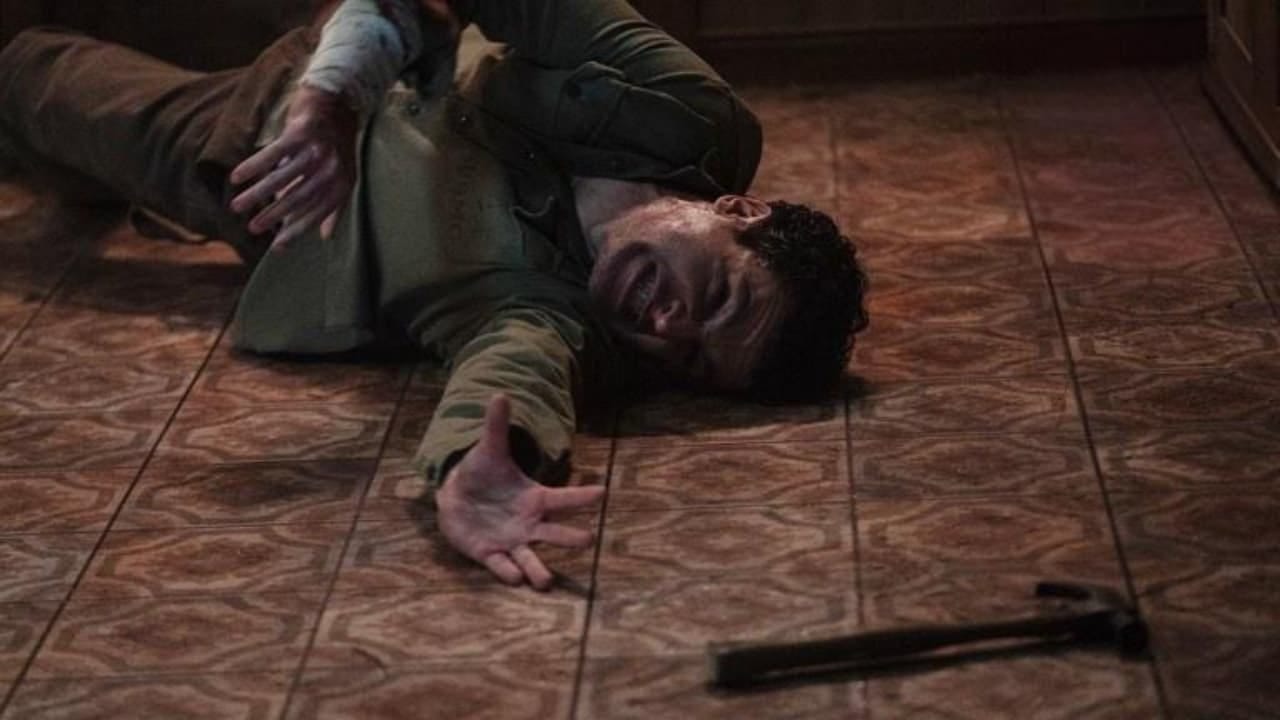
As Abbott’s rationality slips away, the film visualizes his transformation not just as a physical mutation but as a psychological disintegration. His human perspective becomes fragmented, replaced by the instinct-driven mindset of a predator. It’s disorienting and haunting, immersing the audience in the terror of losing control over one’s own mind and body. This inventive approach elevates the film’s middle section, offering a glimpse of the movie Wolf Man could have been if it had fully committed to such bold storytelling.
The wolf men designs are appropriately gross and unsettling. Gaunt, patchy, and feral, they’re more mutated dog-men than sleek predators. Watching Abbott’s character grapple with the first wolf man before succumbing to his own violent instincts is one of the film’s more energizing sequences.
The remote, wooded setting adds to the tension, isolating the family and heightening their vulnerability. The cabin, with its lack of cell service, serves as an effective backdrop for the unfolding chaos.
Abbott delivers a committed physical performance, convincingly portraying his character’s gradual loss of humanity. Even as his feral instincts take over, Abbott maintains a thread of sympathy, grounding the character in a tragic sense of inevitability.
Julia Garner, however, is woefully underutilized. As Abbott’s wife and mother to their pre-teen daughter, her role feels perfunctory, with only the faintest hints of an arc involving her strained relationship with her child. Garner’s immense talent and electric screen presence are largely wasted here, leaving her character as little more than a plot device. It’s baffling that an actor of her caliber wasn’t given more to work with.
Ultimately, Wolf Man struggles to balance its ambitions with its execution. The first act is plodding, with little tension or urgency to draw the audience in. The emotional core of the story—the family’s struggle to stay together while facing a literal and figurative monster—is too shallow to resonate, and the film’s thematic exploration of trauma and identity feels more like window dressing than a fully realized narrative thread.
It’s clear that Whannell aimed to create something unique and thoughtful—a monster movie with substance. And while his ambition is commendable, the final product doesn’t quite hit the mark. Wolf Man is at its best when it leans into its grisly, unsettling visuals and inventive takes on lycanthropy. But without a strong emotional foundation or fully realized characters, it ultimately feels like a missed opportunity.
If you’re a fan of Whannell or werewolf lore, Wolf Man might still be worth a watch for its bright spots. But as a whole, it’s a lackluster entry in Whannell’s otherwise promising filmography.
Check out Glitch Film on:
📺 YouTube
🦋 BlueSky


